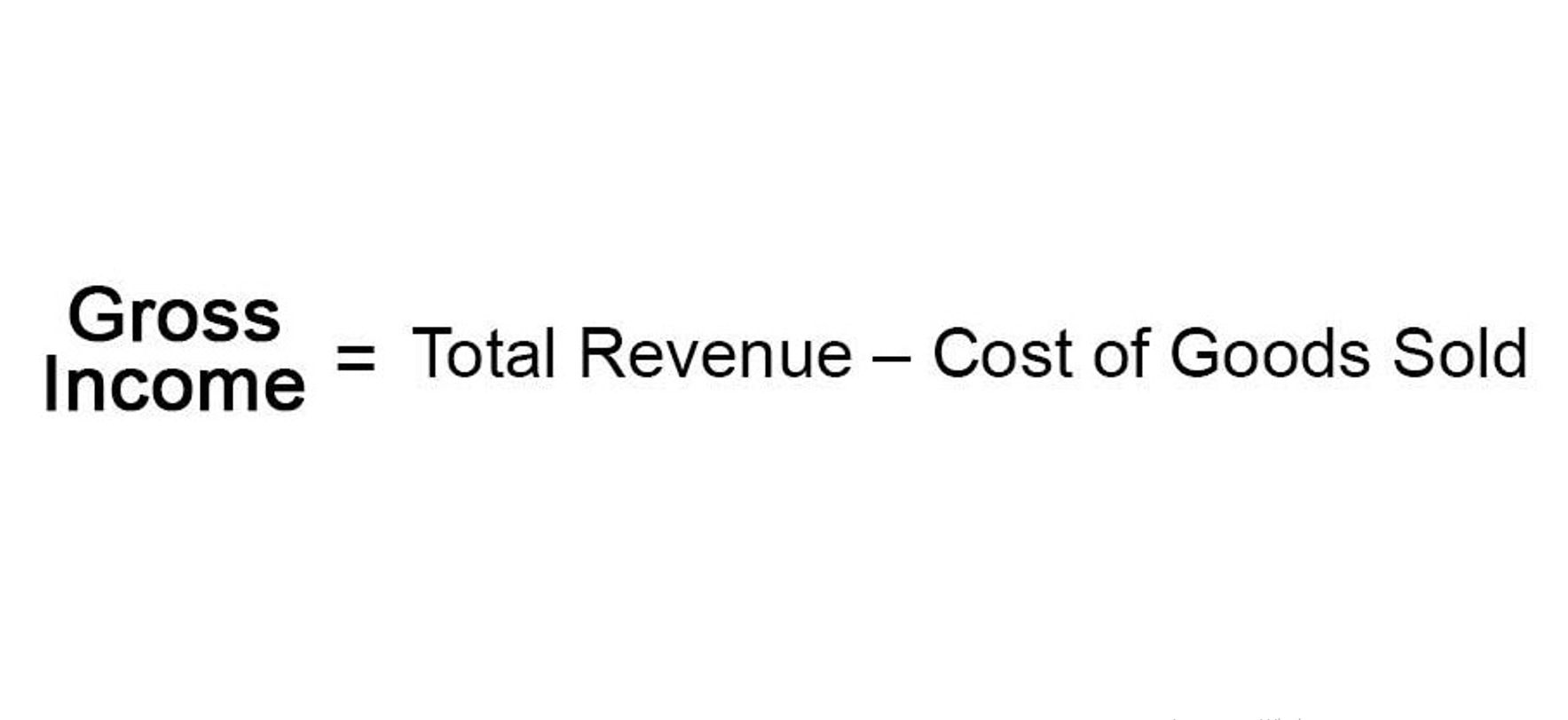
While they also review financial statements, their work often focuses more on interpreting and analyzing financial data than recording it. Accountants use this analysis to provide strategic advice to the organization’s management. They are typically equipped with advanced degrees and certifications, such as CPA (Certified Public Accountant), which full charge bookkeepers don’t necessarily hold. That’s where a professional bookkeeping service comes in, taking the full charge bookkeeping role, leaving the business owner free to focus on their core business.
- Although FC bookkeepers do provide accounting services, they usually don’t act as financial advisors or deal with auditing and tax reports.
- An entry-level full charge bookkeeper salary is $43,077 while the expert level with over 8 years of experience gets paid $47,285 on average.
- In this article, we’ll discuss what a full charge bookkeeper is, the benefits of this type of accounting, and how you can receive full charge bookkeeping services for your business.
- Finding ways to save or track profitability is a full-charge bookkeeper’s forté, and every business needs data-driven support.
- Bookkeeping is among the top 5 accounting services that can be outsourced, because it offers greater convenience and expertise for your financial practices.
- The median base salary makes up 66.3% of the total pay while benefits like social security, healthcare, and time off make up 25.6%.
Software Expertise

Reconciling bank statements is another important duty of a full charge bookkeeper. what is a full charge bookkeeper This process involves comparing the company’s recorded transactions with the bank’s records to ensure accuracy and identify any discrepancies. By regularly reconciling bank statements, you can detect errors, prevent fraudulent activity, and maintain the integrity of the financial records. Some people use the terms “bookkeeping” and “accounting” interchangeably, but these professionals perform different jobs requiring different skill levels. Accountants perform more complex tasks and help the business with long-term financial planning. Absolutely, outsourced bookkeeping services are a great idea for companies that are growing and don’t have enough resources to hire a dedicated in-house team.
- A full-charge bookkeeper is a professional responsible for overseeing a company’s entire accounting cycle.
- The guide examines how full charge bookkeeping improves financial accuracy for decision-making and streamlines processes to boost productivity.
- In addition to the typical duties which include the maintenance of the business ledger, full charge bookkeepers of your company prepare financial statements and taxation returns.
- With a full charge bookkeeper at the helm, a business experiences increased efficiency in managing its finances.
- Whether or not you need a full-charge bookkeeper depends on the stage of your business and how much financial work is piling up on your desk.
- Traditional bookkeeping focuses on data entry, reconciliation, and basic report preparation.
Prepare Bank Reconciliations for Accurate Financial Reporting
With decades of collective expertise and access to an unparalleled database of interview questions, we are dedicated to empowering job seekers. Our content meets real-time industry demands, ensuring readers receive timely, accurate, and actionable advice. We value our readers’ insights and encourage feedback, corrections, and questions to maintain the highest level of accuracy and relevance. Continued professional development is encouraged in this role, with many Full Charge Bookkeepers pursuing additional courses or training in financial management, tax laws, and advanced accounting software. Most Full Charge Bookkeeper roles require candidates to have practical experience with accounting software, payroll processing, and preparing financial reports.

Generate Financial Statements to Aid in Decision-Making
- Regular reviews and systematic record maintenance enable experts to detect inconsistencies promptly and reinforce accountability throughout the organization.
- Cloud accounting software also enables real-time collaboration and remote work, increasing flexibility and efficiency.
- On the other hand, accounting stands for compiling and analyzing information about the account.
- They are in charge of ensuring accuracy in data entry, reporting and financial record keeping.
- Having an in-house bookkeeper means they’re always there for your company’s needs.
- Most companies that reach the point of needing a full-charge bookkeeper will have plenty of other lower-level functions to manage.
- In this role, you will be handling a significant amount of financial data and transactions on a daily basis.
These reports support management accounting practices by comparing performance metrics to provide decision-makers with actionable insights. The bookkeeper Bookkeeping for Startups maintains comprehensive employee records that capture tax details, leave balances, and performance metrics, offering clear insights for overall business operations. This organized approach supports transparent management practices that benefit a small business for sale by owner near me and reinforces solid financial oversight. Effective bookkeeping demands strong analytical skills and precision when recording details such as salary disbursements and sales tax calculations. Mastery of cash flow analysis and income statement preparation is essential for professionals who manage a partnership or oversee entire financial systems.


A full charge bookkeeper monitors tax deadlines closely to protect revenue and fortify the bond between regulatory standards and business ownership. The bookkeeper incorporates strategies from a seasoned business analyst to ensure that financial practices meet requirements while promoting scalability in operations. Efficient management of records allows the expert to address potential discrepancies before they impact revenue adversely.

Keeping track of the books is one of the most tedious yet crucial parts of owning or running a business. After all, if you aren’t keeping an eye on your finances, how will you measure vital information for your business operations, bookkeeping such as profits, costs, and resource availability? Accounting and bookkeeping outsourcing can help strengthen your financial management. A full charge bookkeeper has complete responsibility for the finances of a company, compliance with account standards, and taxation.
